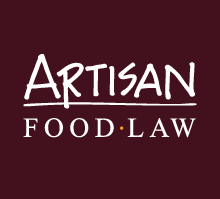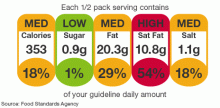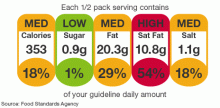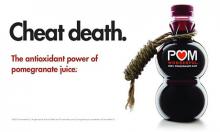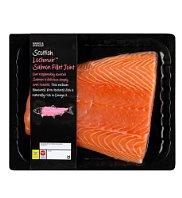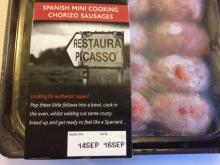On 31 January 2013 the Department of Health (DoH) published Front of Pack Nutrition Labelling: Joint Response to Consultation. The report is a response to the consultation carried out last summer on front of pack (FoP) nutrition labelling in which the Department of Health states its commitment to the provision of information aimed at helping people make healthy choices. Will it make a difference?
Food Marketing and Brands
Food marketing law, brands and regulatory framework for artisan and small scale producers. Labelling, QUIDs, EU and UK protected food names, IP rights.
Only joking of course, and what’s more there are a load of new acronyms for you to get used to as well.
Earlier this month Defra launched a consultation seeking views on plans for new domestic legislation to enforce the food information to consumers (FIC) Regulation (EU) 1169/2011. FIC aims to improve information provided about food so consumers can make informed choices.
Health claims on food labelling and in advertising have become important marketing tools. The EU believes consumers expect accurate information about products and, in particular, any health claims made. A ‘health’ claim is any statement about a relationship between food and health. Food producers who claim health benefits for their products need to take note.
The debasement of ordinary words that have no legal protection has been common enough. Much has been written about the abuse of ‘real’ ‘homemade’, ‘natural’, ‘local’ and ‘artisan’ being but a few examples. Only a few days ago Marion Nestle wrote in The Atlantic posing the question ‘Is 'Natural' the Most Meaningless Word on Your Food Labels?’ Although it was perhaps Dominos Pizza that took the abuse of ‘artisan’ to its most cynically exploited heights in launching ‘Dominos Artisan Pizza’ as “artisan pizza without the artisan price” while declaring “We’re not Artisans” on the box.
Last year Torfaen County Borough Council brought a prosecution against Douglas Willis Limited for a number of offences, all similar in nature, contrary to regulation 44(1)(d) of the Food Labelling Regulations 1996. This is the regulation that makes it an offence where any person “sells any food after the date shown in a ‘use by’ date relating to it”. Torfaen alleged that Willis had sold frozen pigs’ tongues after their ‘use by’ date.
The other day the Cambridge News carried a piece headed: ‘The 30-mile diet: eating local, eating green’. One of the latest of a number of similar events that have taken place around the country in recent times. Whilst I admire such initiatives I trouble a little that we should not lose sight of the true value and meaning of ‘local food’.
Foods claiming to be either ‘gluten free’ or ‘very low gluten’ are governed by new compositional and labelling standards set out in Commission Regulation (EC) No. 41/2009 and covered in The Foodstuffs Suitable for People Intolerant to Gluten (England) Regulations 2010, with parallel provision for Scotland, Wales and Northern Ireland, that came into effect on 1 January 2012 and covers all foods whether pre-packed, sold loose or offered on a restaurant menu.
Recently and within a few days of each other two reports emerged on the topic of sustainable fish. One from the PEW Environment Group and one from Marine Conservation Society which on the face of it appear to contradict each other on the extent to which Marks & Spencer offer sustainable fish. It is a case study which illustrates the difficulties inherent in present systems of accreditation and labelling of sustainable fish.
